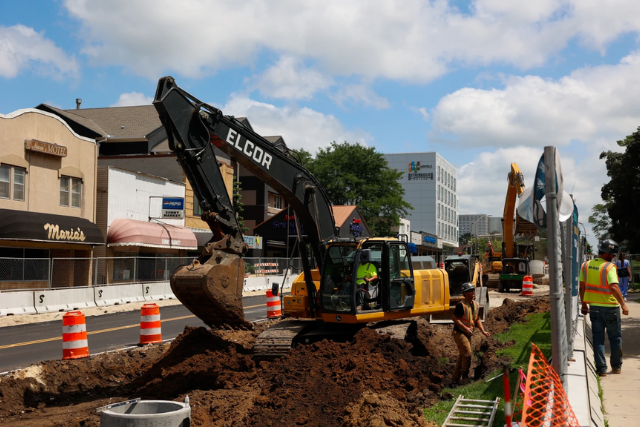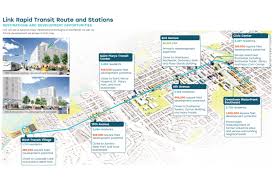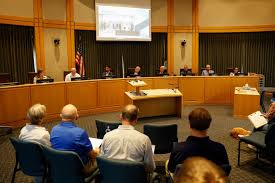
ROCHESTER, Minn. — July 22, 2025 — The price tag for Rochester’s ambitious Link Bus Rapid Transit (BRT) project has climbed to $196.7 million, after a required contingency fund and new contracts added nearly $22 million to its overall cost. Yet, city leaders say they’re determined to finish closer to the original budget by seeking smart savings along the way.

Construction crews are pushing ahead on the 2.8-mile route near St. Marys Hospital, new transit stations, and a dedicated BRT center that together are designed to handle 11,000 daily rides when Link service launches in mid-2027.
“We intend to do value engineering throughout this project,” said Rochester Deputy City Administrator Cindy Steinhauser. “We have already identified opportunities for maybe material substitution that could result in not a lesser project but a less-expensive component of the project.”
The Rochester City Council and the Destination Medical Center Corp. (DMCC) board recently approved a $75.3 million contract with Rochester-based Elcor Construction, which secured the work after submitting the only bid. Elcor’s work includes key site work near the Mayo Clinic, while SRF Consulting holds a $20.2 million oversight contract to help identify cost tweaks as construction ramps up.
“We have already started to identify some of those things, materials or some landscaping items,” said Mona Elabbady, SRF Senior Vice President of Operations. “Now that we have a contract awarded to them, we will have the opportunity to sit down and really get into the details with them and identify even more opportunities, we hope.”

The new contract required the city to boost its contingency reserves to $22.7 million, unlocking $84.9 million in federal funding for the transit corridor.
Steinhauser and Steve Sampson Brown, Rochester’s director of construction, say unexpected challenges like hidden debris or outdated utility lines could eat into contingency funds.
“Sometimes we come across things that are undocumented through history, and we would need to remove them or modify them,” Sampson Brown said.
Despite this, officials stress the contingency won’t be treated like a blank check.
“We are very much aware we do not want to deliver the project at $196 million, but rather closer to the total project estimate of $173.9 million,” Steinhauser said. “That is the challenge that we will continue to hold ourselves to throughout the duration of the project.”
The DMCC Board and Rochester City Council will receive quarterly project updates, tracking every dollar spent and all contingency use. DMCC Board Chair Pamela Wheelock said staying informed is essential to keep surprises at bay.
“We don’t want to wait to find out there’s going to be some emergency need for additional contingency,” Wheelock said. “We want to monitor the progress on the approved budget as we go forward.”
The contingency funds draw partly from the Destination Medical Center transit budget and Olmsted County’s sales-tax-supported contribution, which is now nearly depleted. The city hopes to preserve some of those dollars to maintain and expand rapid transit service in the years ahead.
“We want to put some real guardrails around the use of contingency,” Steinhauser added. “We don’t see it as a slush fund, if you will, for this project.”
Originally reported by Randy Peterson in Post bulletin.